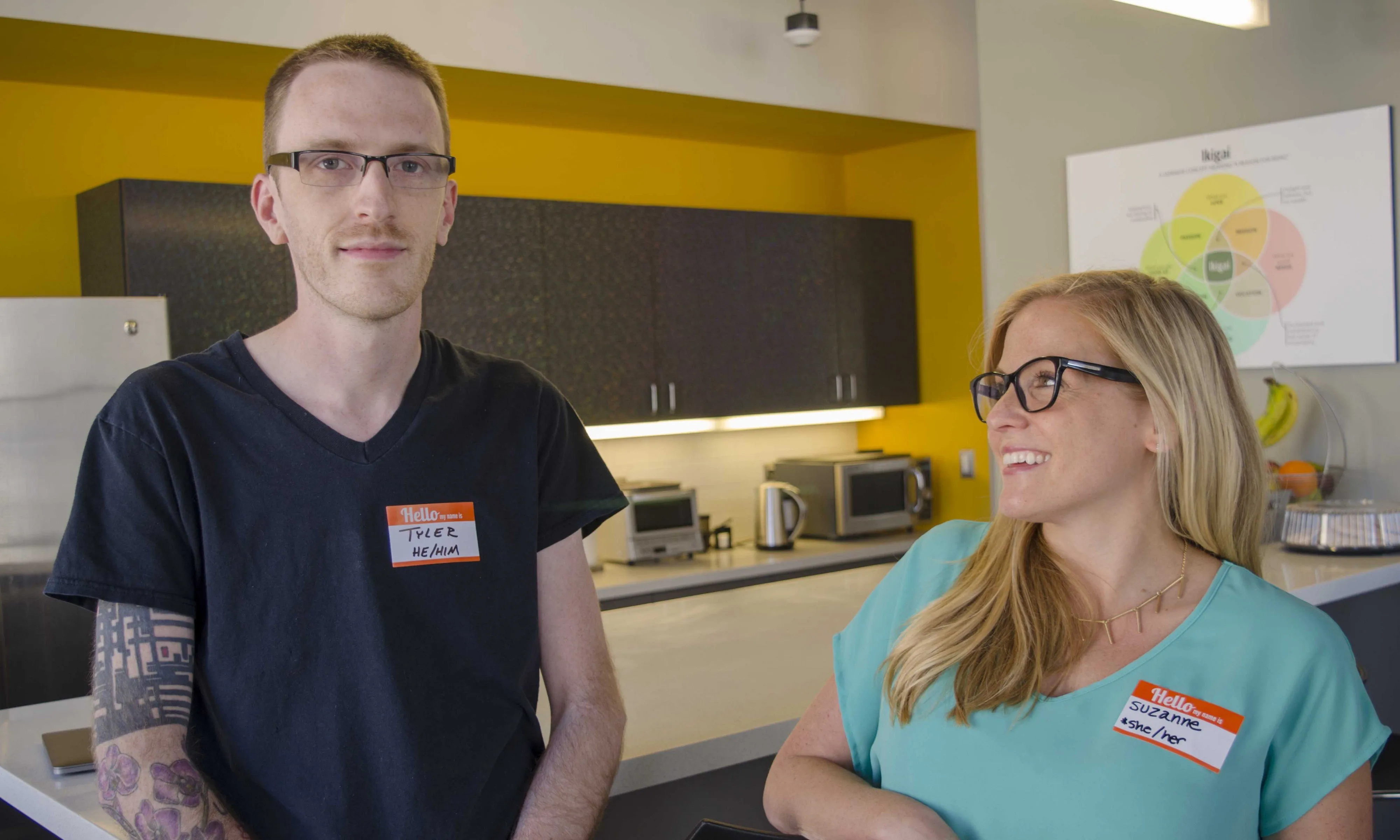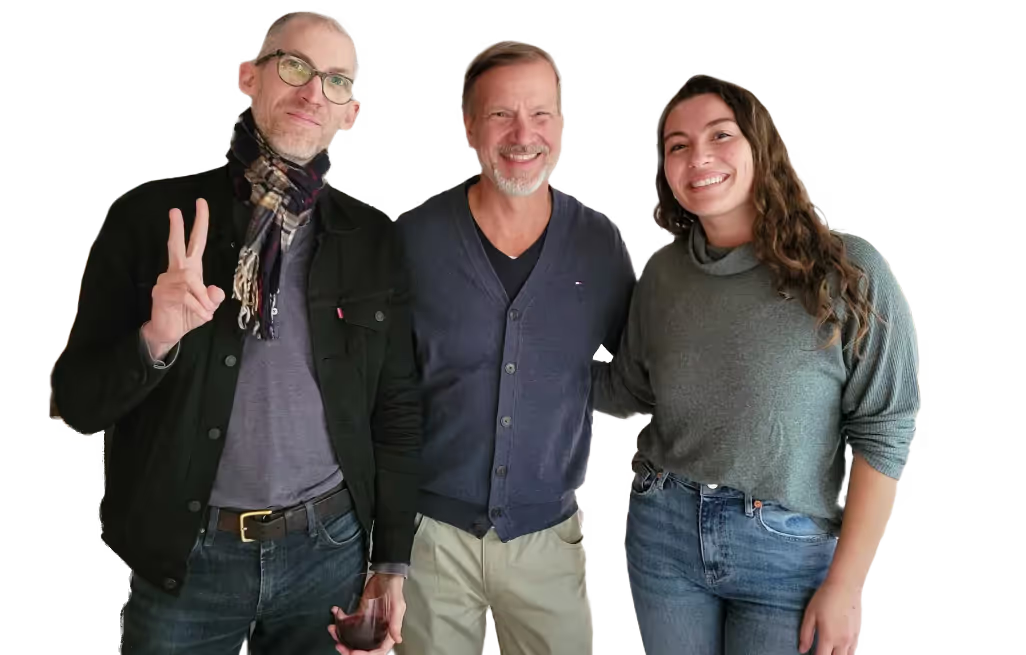When I go on a date with my partner, 9 times out of 10, the waiter will greet us with, “Good evening, ladies!” and then awkwardly stumble through a few noises that sound like, “Oops, sorry… uh… I mean… uh… do you want water?” Meanwhile, I know my partner next to me is internally groaning and rolling their eyes.
My partner, Chuck, identifies as non-binary. They use gender-neutral pronouns (they/them). And strangers frequently have trouble dealing with a gender they cannot easily identify. People in public restrooms approach them saying, “You’re in the wrong bathroom,” or, “Do you know this is the women’s restroom?” The issue is this: there is often no bathroom for people who have a gender like Chuck’s.
Interactions like these have taught me a lot about the privilege I have access to simply because mainstream society accepts and acknowledges my gender. I can go into the women’s bathroom without a second thought. Strangers have never asked me if I am a man or woman. Unlike Chuck, I rarely get stared at while at the grocery store, and if I do it’s usually because I have toothpaste on my face.
We have been having conversations at Highland recently about how we can understand the privilege we have and use it for good. Because it is so close to home for me, these conversations automatically bring to mind Chuck and my friends who are non-binary, genderqueer, or transgender. I still have a lot to learn about being a good ally to those who lack this type of privilege, but I also have some lived experiences that have taught me a few things about using my privilege for good.
Easy Ways to Ask People About Their Pronouns
To make the day-to-day easier for those who do not fit into the mainstream confines of gender, people like me can do a lot to help simply by sharing the pronouns we use, and asking other people to share theirs with the handy phrase: “Which pronouns do you use?”
People who are new to the idea have told me that they are worried that asking about pronouns will cause offense. Instead of just going up to every person you’ve ever talked to and asking about their pronouns, here is what I would suggest:
1. Share yours first
If you go to an event where there are name tags, write your pronouns under your name right on the tag. If a queer person is at the event, you will help them feel less self-conscious about making their pronouns public too.
2. Ask the group to share
When you host or attend a meeting or a training, ask all attendees to share their name and pronoun when they introduce themselves. This again takes the pressure off a genderqueer individual to start the conversation (and avoids singling someone out).
3. Create pronoun-sharing standards
Encourage your office to add pronouns to all email signatures and Slack profiles. Add a pronoun question to intake forms and job applications. This sends a positive message immediately about the office’s friendliness towards all queer people.
4. If you don’t know, just ask (respectfully)
If you wind up asking someone who has never been asked before, they might be surprised or confused. That’s okay! The point is to normalize the question, to not single anyone out because they look different, and to try your best to use the correct pronouns.
These actions may seem small and relatively insignificant. In a way, they are. But when I start to feel overwhelmed by the inequity and injustice in the world it helps to focus on the little things that I have control of right now. For many of us, being asked about pronouns can be a humanizing and validating interaction. It’s kind of like a secret code meaning, “I want to see and affirm the real, true you as best I can.” That seems like a worthwhile message to send.
As I mentioned above, staff at Highland have been brainstorming together and sharing how we can each use our privilege to protect and create opportunities for others. We’d love to hear all your thoughts on this, whether gender or queer-related or not. Reach out with your thoughts.



